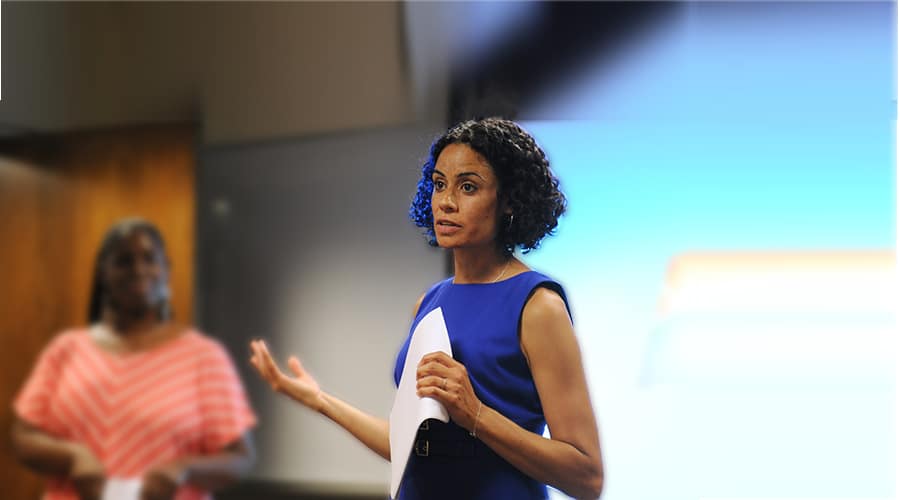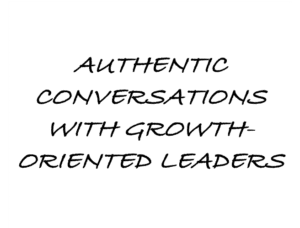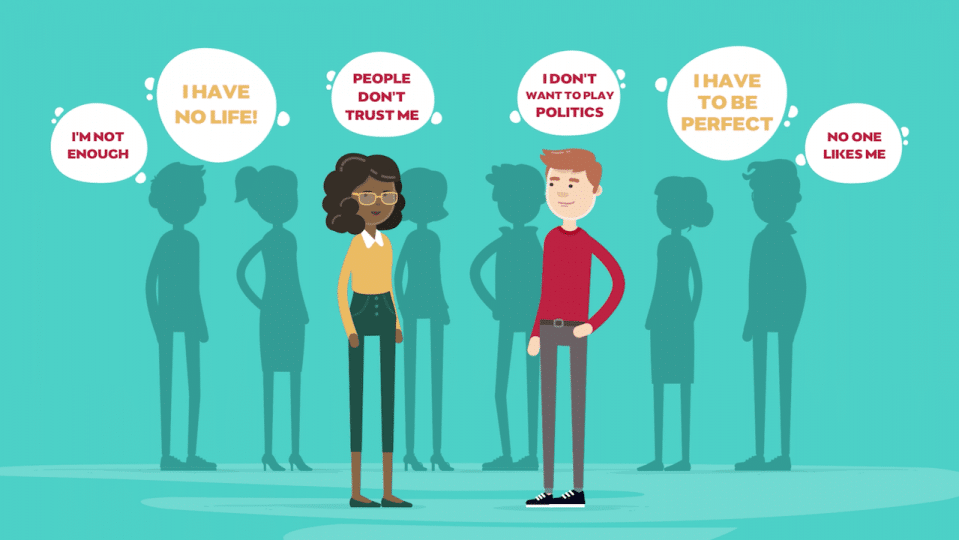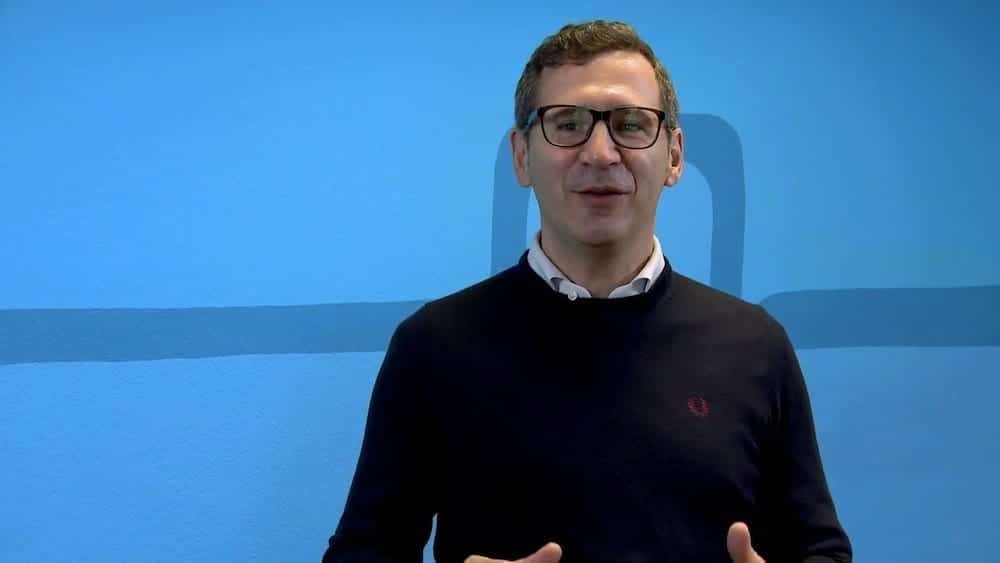Podcast: Play in new window | Download
A Conversation with Laura Quiros
A Conscious Collaboration Podcast
This podcast explores perspectives on what enables conscious collaboration in a given context or field. In this episode, Yael and Dr. Laura Quiros discuss what conscious collaboration involves vis-a-vis not just work style differences but in the face of more fundamental differences of race or gender.
Dr. Laura Quiros is an Associate Professor at the Adelphi University School of Social Work. Laura began her work in the clinical arena and has transitioned to working with executive leadership. She helps connect leadership of corporate, non-profit and academic organizations to missions of diversity, equity, and inclusion. Laura works to foster inclusion by helping to increase awareness and move towards action.
As a Latina and Jewish woman of color, a mother, a daughter, a former associate dean, an associate professor of social work, a coach, a consultant, a friend and a partner, connecting with identity is simply a part of who Dr. Quiros is. The ways in which she has had to negotiate her interpersonal identity as a woman of color from a multicultural and biracial history, positions her in a unique place.
Highlights from this episode
- Personal and professional growth are one and the same thing
- There is no distinction between the personal and professional self – they are all one
- We are often unaware that we are bringing our identity (association with race, class, gender, religion, etc.) with us to work
- Being conscious of your identity when you interact with others at work deeply enhances your ability to collaborate effectively
As a Latina and woman of color, I feel my collaboration almost has to be conscious. It’s a not a choice. With a bi-racial and bi-cultural background, all my interactions have a conscious element because I am conscious of who I am and which parts I bring to this relationship.
- Being unaware that you are bringing your identity to work…
- Can cause fractures in relationships
- Puts you in danger of leading from ego and not authenticity
- May create some unconscious negative non-verbal communication
Conscious Collaboration enhances the authenticity of a relationship, which leads to more effective and creative work
- Diversity is not inclusion
- Inclusion takes place when we are conscious collaborators
- There is a strong push for diversity in organizations, but the conscious work comes with the inclusion piece not the diversity piece
- When we are aware of everything we are bringing to the conversation – even our identity, we are inclusive
Diversity training is really looking at the “whiteness” of our culture; how white ideology has become the foundation of this country
- How to make room for inclusion
- There needs to be compassion and nurturing around the issue of diversity/inclusion
- We need to be vulnerable
- We need to be reflective in order to be conscious
- Work through ambiguity with integrity, love, and compassion
- Don’t stop after diversity training
- Digging deeper by being reflective and noticing when you need to be more conscious
- This work can be scary, but it is also very healing if you and your organization become more conscious
- Unconscious messages of privilege, rank, and power come through in routine behaviors.
Take notice of:- Whom you sit next to in meetings
- How often you speak in meetings
- Are some people (including yourself) becoming silent when certain topics come up?
- Do you check in with those that were silent after the meeting?
- Do you speak from the “I” or from the “you”?
- Are informal meetings/lunches inclusive or exclusive?
- Is your organization hiring for diversity?
- Do you message to people on diversity or whiteness? Are you showing your own vulnerability on that issue?
- Do you allow for healing work conversations, or is your first response defensiveness?
- Are you being reflective or reactive?
- Are you inclusive in your emails?This work calls for humility and vulnerability, and we must be brave to exhibit those characteristicsConsciousness is a choiceInclusion calls for curiosity, without making assumptions
- Looking at racism, sexism, classism, etc. as traumas that have impacted the organization helps us find ways to heal
- When leadership is transparent and authentic about those traumas it helps organizations become more:
- Generous
- Compassionate
- Accountable
Enjoy listening and stay tuned for our next episode.



